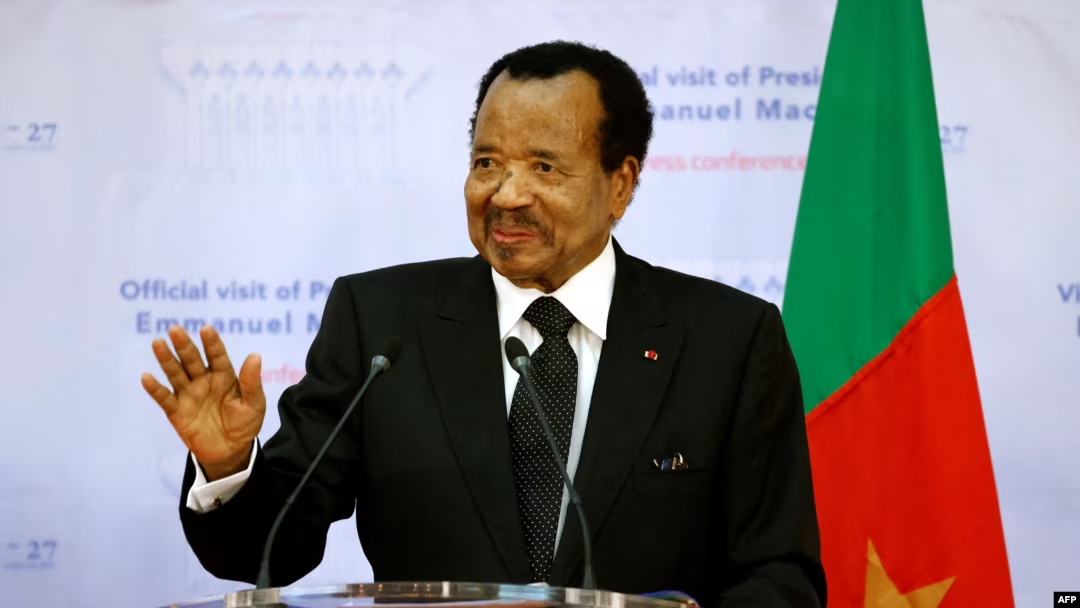
As Cameroon prepares for a pivotal presidential election in October, the nation is grappling with a volatile mix of political uncertainty, separatist violence, and deepening economic and ethnic divides.
With less than four months until voters head to the polls, eyes are on President Paul Biya, now 92 and the world’s oldest sitting head of state, whose silence on his candidacy is fuelling intense speculation.
Biya, who has ruled since 1982, remains a towering but controversial figure. His portrait adorns billboards across the capital, Yaoundé, while opposition voices are conspicuously absent from public spaces.
International observers and local analysts alike await clarity on whether the nonagenarian leader will seek yet another term.
Ratings agency Fitch recently forecast that should Biya run, he would likely win, ensuring “political and policy continuity” amid widespread discontent.
Yet the opposition remains fragmented.
Despite ongoing talks to form a united front, divisions rooted in “egoism, ideological rifts, and ethnic mistrust,” as described by Simeon Ekodo Mveng of Laval University, have hindered any consensus.
“It’s laborious,” added Charles Romain Mbele, a professor at the University of Yaoundé I. “The ruling party is deeply entrenched, with firm alliances across the country.”
Meanwhile, the English-speaking Northwest and Southwest regions remain locked in a separatist conflict that began in 2016 as a protest against systemic marginalisation.
It has since escalated into armed confrontation, leaving at least 6,000 civilians dead, according to Human Rights Watch.
Both separatist militias and government forces have been accused of grave human rights abuses, including kidnappings and reprisal attacks.
The Far North continues to reel from Boko Haram’s insurgency, further complicating the security landscape and casting doubt on the feasibility of peaceful elections across large swathes of the country.
Beyond violence, Cameroon’s social cohesion is also under strain. Ethnic tensions flare cyclically, especially during election seasons.
“Political discourse often degenerates into ethnic scapegoating, pitting the economically influential Bamileke against the Beti, President Biya’s ethnic group,” said Baba Wame, a media professor at the University of Yaoundé II. Though anti-hate speech laws exist, enforcement remains weak, and prosecutions are rare.
Economic hardship compounds the sense of national anxiety.
Unemployment, especially among youth, remains high. Inflation reached five percent in 2024, eroding purchasing power and pushing basic services like water, education, and healthcare out of reach for many.
“Nearly three-quarters of young people are unemployed,” lamented Gabriel Fandja, head of the National Assembly’s education commission.
From social media to televised town halls, citizens are voicing frustrations more openly than ever.
For a nation on edge, the approaching vote is not just about who will lead—it is a referendum on whether Cameroon’s fractured political, social, and economic fabric can endure.



